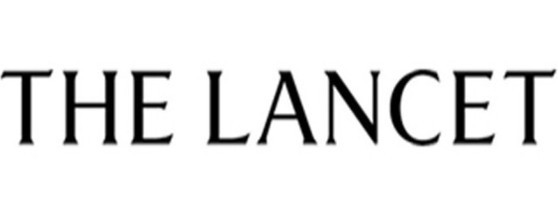The 2022 General Elections in Brazil will take place on the 2nd of October. Despite the traditional myriad of presidential hopefuls, among them the former Minister Ciro Gomes, voters will realistically decide between left-wing Luiz Inácio Lula da Silva (Workers Party), who served as President from 2003 to 2010, and far-right Jair Messias Bolsonaro (Liberal Party), the current president since 2019. Lula has been leading the polls in projections for both first- and second-round scenarios. Let us take a look at what the candidates can bring in terms of drug policy.
Jair Bolsonaro
Since 2019, when Jair Bolsonaro assumed the office of President of Brazil, we have seen an escalation of police violence and regression in drug policy advancements. Bolsonaro signed a new drug law in the first year of his government, altering the previous 2006 law signed by then-President Luiz Inacio Lula da Silva. The new legislation brought harsher penalties for associations for drug trafficking—and will bring even tougher outcomes after the bill on narcoterrorism passed in the senate in 2021—and reinstated involuntary commitment for people who use drugs. In 2020, Bolsonaro’s Ministry of Justice and Public Security issued a resolution that authorised the commitment of children as young as 12 years old to rehabilitation clinics, a policy that was criticised by former Ministers of Health. He also instructed the Brazilian delegation to vote against the rescheduling of cannabis at the 63rd session of the United Nations Commission on Narcotic Drugs and lobbied against the regulation of cannabis and hemp cultivation in Brazil.
Bolsonaro has not published his manifesto yet, but in recent events, he reasserted his prohibitionist stance, stating that “we do not want to legalise drugs or abortion.” If elected, it is likely that he will continue to encourage and celebrate the extrajudicial killing of alleged drug dealers: he famously said in his first year in office that under his rule, criminals “are going to die in the streets like cockroaches.” So far, he has kept his promise, and has constantly praised police forces who have killed an unprecedented number of people since his regime began four years ago.
Luiz Inácio Lula da Silva
In 2006, Lula signed a drug law that theoretically aimed to decriminalise the possession of drugs for personal use. The law distinguishes users from traffickers based on the possession of small or large amounts of illegal substances. However, it does not define precise amounts, leaving the distinction between “small” and “large” amounts to the discretion of police officers who enforce the law. The application of the law is thus influenced by racial and social bias, contributing immensely to the process of mass incarceration since it was enacted. In 2005, 9% of the Brazilian prison population was serving a sentence for drug offences. In 2021, this total grew to 29.4%. Among the female prison population, almost 56% are incarcerated for drug offences, as is almost 29% of the male population.
If elected, Lula will have the chance to review the nation’s drug policy and correct the mistakes that ended up distorting the attempt at decriminalisation. He will have to come up with a proper action plan though, something that must be very different than the generic statement in his electoral manifesto—a statement that, no doubt, caters to the (imaginary?) conservative-leaning constituents. In only one bullet point, the manifesto claims:
“The country needs a new drug policy, intersectoral and focused of risk reduction, prevention, treatment and user assistance. The current military model of combating trafficking will be replaced by strategies to confront and dismantle criminal organisations, based on knowledge and information, with the strengthening of investigation and intelligence.”
As far as the evidence is concerned, dismantling and confronting criminal organisations with strategies based on existing knowledge means legalising and regulating drugs. Reforming the issues with another failed attempt at decriminalisation would be a step in the right direction, of course, but it is only a palliative action. Keeping the production and distribution of certain substances illegal is a recipe for creating illegal markets, and these last 100 years of prohibition around the globe provide all the evidence needed to support legalisation.
I agree with Lula: the country needs a new drug policy—and we need it desperately, I would add. But we cannot afford to call the combat on illicit supply—“knowledge, information, investigation, and intelligence” mobilised to dismantle criminal groups—a “new” approach that could lead to “new” policies. And treatment, support, and risk (harm?) reduction should be fundamental rights, of course. But we cannot forget about those people who do not need treatment and do not have a problematic relationship with substances. Shifting from a criminal justice approach to a public health approach can be an improvement, of course, but only if it does not presuppose a generalised pathologisation of drug use. If pathologisation and abstinence-based recovery will be the approach, then this will be nothing new: Bolsonaro has implemented such a system already, condoned by the UN. that deals with drug use as an epidemic to control.


